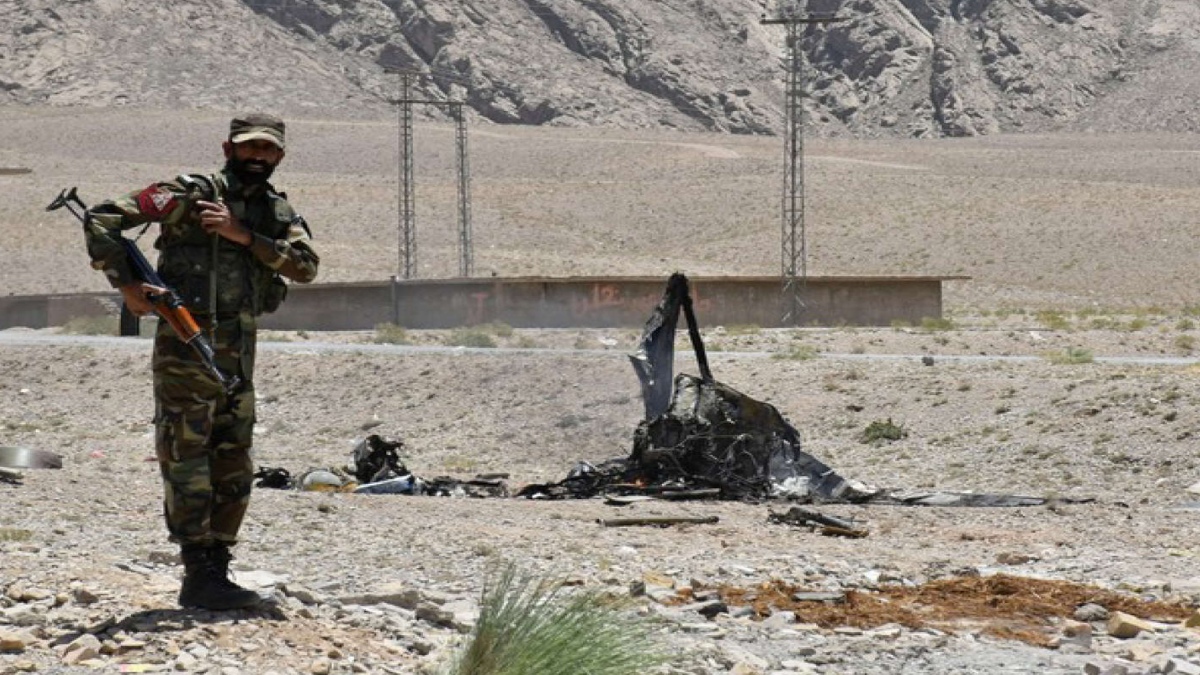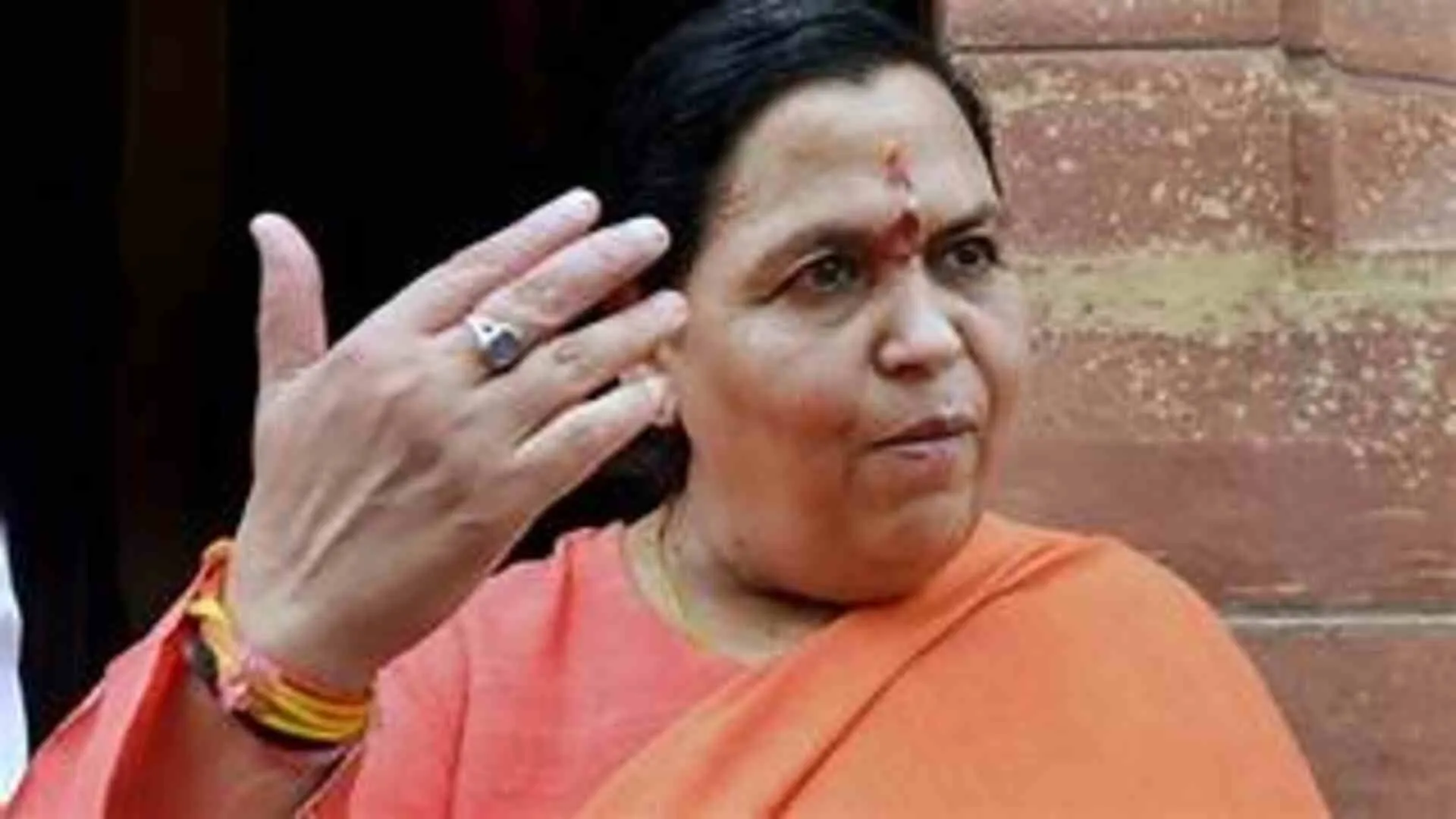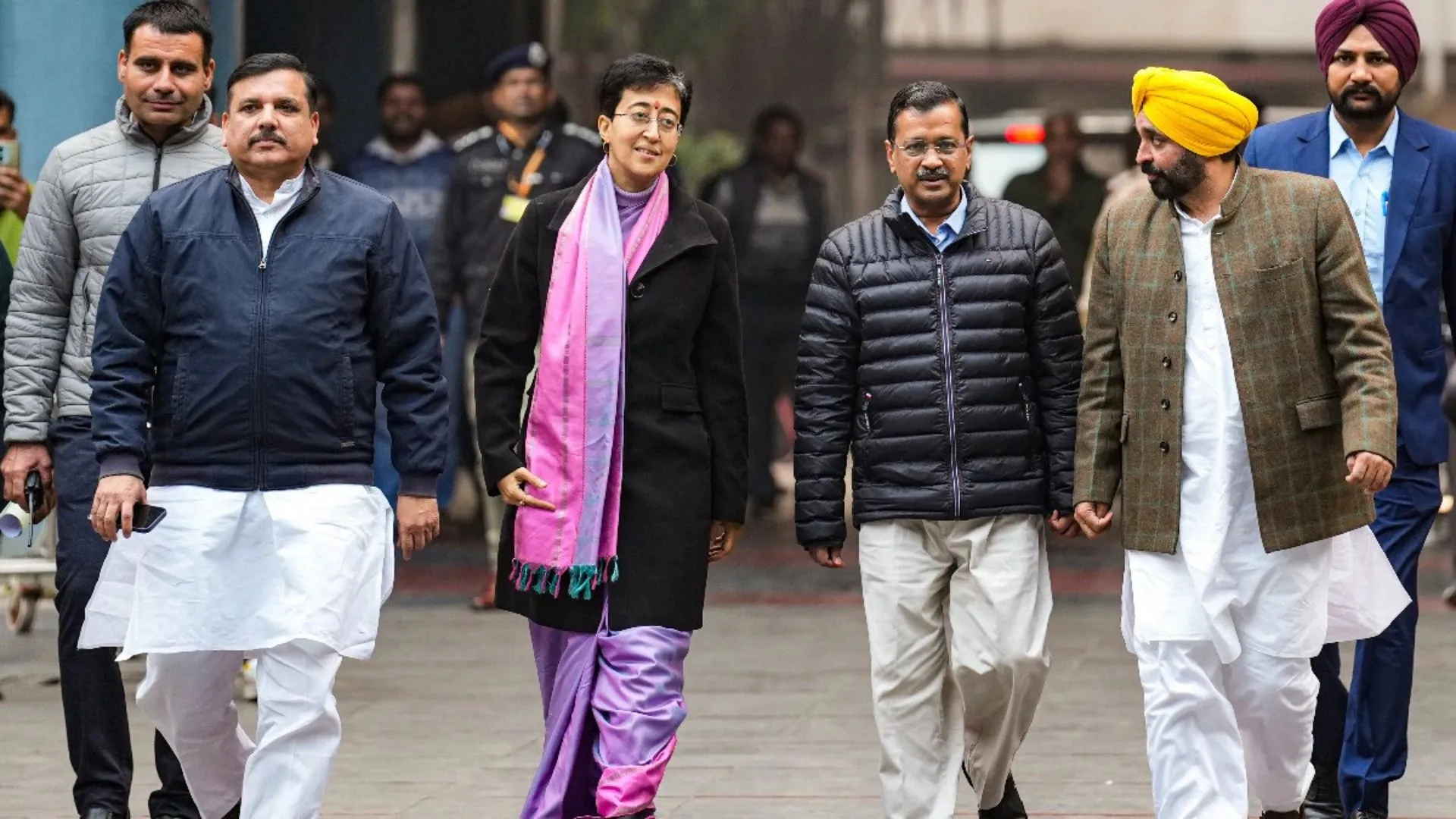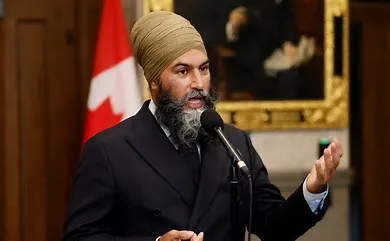The fall of Kabul and the conversion of the Islamic Republic of Afghanistan to the Islamic Emirate of Afghanistan on 15 August this year has boosted the morale of terrorist outfits, as per an analysis by a Canada-based think tank.
In view of “strong ties” between the Afghan Taliban and the Tehrik-e-Taliban (TTP), violence is expected to increase in the “pro-democracy” countries and even in Pakistan, according to the think tank, international think tank based in Canada, International Forum for Rights and Security (IFFRAS). In recent developments in the South-Asian region, particularly in Pakistan, 52 people died in 35 terror attacks in August indicating the growing instability in the region, according to the international think tank based in Canada, IFFRAS.
The killing of seven Pakistani soldiers by the TTP in Waziristan in September followed by the killing of the Pakistan Army’s Captain in the district bordering Afghanistan are the latest instances of the rising violence in the region including Pakistan.
According to IFFRAS, the role of Pakistan is being studied by the experts and they have been “suspicious” about Pakistan’s “double games”.
The Taliban after capturing power has assured no propagation of terror activities on Afghan soil.
“However, the Taliban has the reputation of saying one thing and then doing quite the opposite,” IFFRAS quoted a scholar at the Carnegie Endowment for International Peace Aqil Shah as saying.
More than 6,000 terrorists had made their hideout in Afghanistan till 2020 even in the presence of the US military, IFFRAS reported citing a report by the United Nations.
“The total number of Pakistani foreign terrorist fighters in Afghanistan, posing a threat to both countries, is estimated at between 6,000 and 6,500, most of them with TTP,” the international think tank quoted the report as saying.
According to a rights advocacy group, Human Rights Watch (HRW), the Pakistani military and civil societies have garnished their relations with the Taliban for smuggling and terror training to counter India’s rising influence in South Asia, according to IFFRAS.
With the Taliban back in power in Afghanistan, Pakistan is staring at the problem of aggravation of Islamic radicalisation on its soil, furthering its image as a terror state.
“The government will be under greater pressure to make the state more sharia-compliant if Taliban next door is doing that,” IFFRAS quoted a researcher at the University of London, Ayesha Siddiqa as saying.
As pressure mounts on the Imran Khan government in Pakistan to recognise the Taliban government, the chief of Jamiat Ulema-i-Islam-Fazl (JUI) called for a revolution to “pull down” the government, according to the IFFRAS.
Following such calls for revolution, the terror outfits in Pakistan may get a boost which may lead to “bloodshed”, according to the think tank.
“With the Taliban taking over, anti-Pakistan terrorist groups will be emboldened, but it doesn’t end there. There could be an emergence of a new war of narratives in the country, which will transform ongoing debates about state and society and the role that religion plays,” IFFRAS quoted the director of the Pakistani Institute for Peace Studies in Islamabad, Muhammad Amir Rana.
Former US National Security Advisor, Lt Gen HR McMaster called Pakistan an enemy nation and said that the country uses “Jihadist terrorists” as an arm of their foreign policy.
“We have to stop pretending that Pakistan is a partner. Pakistan has been acting as an enemy nation against us by organising, training and equipping these forces and by continuing to use jihadist terrorist organisations as an arm of their foreign policy,” reported IFFRAS quoting Lt Gen HR McMaster.
The total number of Pakistani foreign terrorist fighters in Afghanistan, posing a threat to both countries, is estimated at between 6,000 and 6,500, most of them with TTP.





















